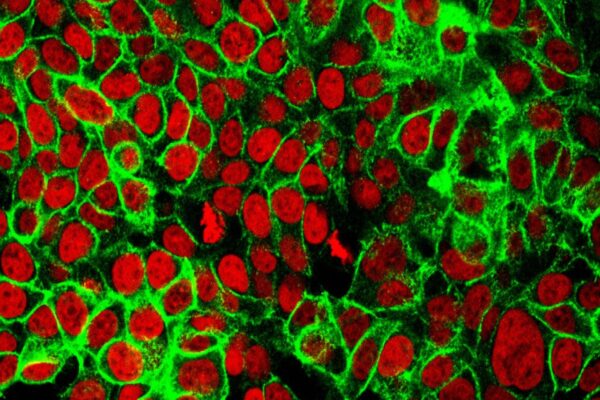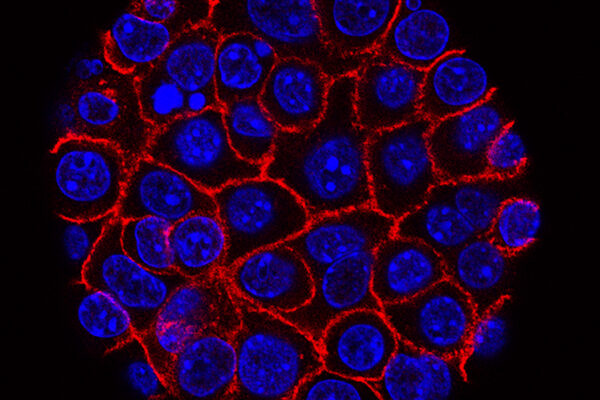PhD
Associate Professor, Biostatistics
UNC Gillings School of Global Public Health
UNC-Chapel Hill
Clinical Research
Area of Interest
Precision medicine, high throughput epigenomics (ChIP-seq, ATAC-seq,etc.), multi-study learning, gene signature replicability, missing data methods in deep learning, model-based clustering, alternative splicing (RNA-seq), proteomics, pancreatic cancer and breast cancer
Naim Rashid, PhD, engages in collaborative studies at UNC Lineberger Comprehensive Cancer Center, working with physicians and researchers on problems relating to genomics and clinical studies. He also aids in the design of cancer clinical trials at UNC and elsewhere, serving as trial statistician on a number of active protocols. As a member of the Translational Breast Cancer Research Consortium Statistical Working Group, he develops and review novel clinical trials in breast cancer with oncologists nationwide.
His methodological work spans several areas in genomics and statistics, addressing problems facing basic science, translational, and clinical researchers in cancer. Recent areas of research include precision medicine, multi-study replicability, epigenomics, cancer subtyping, and missing data problems in deep learning.
Awards and Honors
- IBM and R.J. Reynolds Junior Faculty Development Award, UNC-Chapel Hill, 2017
- Barry H. Margolin Dissertation Award (for best doctoral dissertation completed in 2013), UNC-Chapel Hill, 2013
- Training Grant recipient, Genomics and Cancer, 2006-2011
News and Stories

Study finds Black patients with metastatic colorectal cancer have distinctly different gene mutations than white patients
“To our knowledge, this is the first prospective trial to look at gene mutations using state-of-the-art gene sequencing in this population,” said study author and UNC Lineberger member Naim Rashid, PhD.

Cancer center researchers to present latest findings at international breast cancer meeting
The San Antonio Breast Cancer Symposium features presentations outlining basic, translational, clinical and community-based study findings focused on advancing the prevention, diagnosis and treatment of breast cancer.

Immune system B-cells can help predict HER2-positive breast cancer treatment response
Researchers report specific immune system cells can help them determine whether HER2-positive breast cancer will respond to treatment.

UNC Lineberger pancreatic cancer therapy studies backed by 5-year, $10.9 million NIH SPORE grant
The National Cancer Institute has awarded the UNC Lineberger Pancreatic Cancer Center of Excellence a five-year, $10.9 million Pancreatic Cancer Specialized Program of Research Excellence (SPORE) grant.

